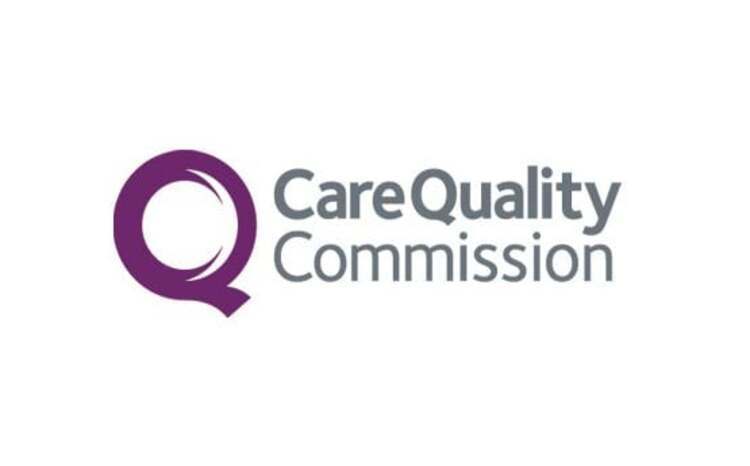Hunt’s Ofsted plan marked down
- 22 March 2013

Health secretary Jeremy Hunt should think carefully before re-introducing ‘Ofsted-style’ ratings into the NHS, the Nuffield Trust has concluded.
Hunt asked the think-tank to conduct an independent review of the idea of ratings for care homes, general practices and hospitals in November.
Its response, published today ahead of the government’s full response to the Francis inquiry next week, is that ratings may be more useful for social care and GP practices than for hospitals, and that any new ratings should be carefully constructed and aligned with performance and regulatory regimes.
Nuffield Trust chief executive Jennifer Dixon said: “We are saying this is a political decision, because it depends not just on what we think but on how much it would cost and what else is going on in health, which politicians are better placed to judge.
“We think there are benefits [to ratings], particularly for simpler providers, such as social care and domiciliary care, and GPs, but if we this is going to be done, then we have to do it better than we have done in the past.”
The Nuffield Trust’s report points out that the idea of summary ratings is not new, and that the Commission for Health Improvement and its successor the Healthcare Commission published first the ‘star ratings’ and then the ‘annual health check’ until this was abolished in 2009.
It says that over this period there was an improvement in NHS performance against the standards.
But there is surprisingly little evidence about whether this was due to the standards themselves or to other factors, about the costs involved, or about what happened in other areas of healthcare.
At a breakfast meeting yesterday, Dixon said it had probably been a mistake to simply abandon the annual health check, instead of studying it and looking for ways to improve it.
Plans to introduce a tougher health check, that would have labelled NHS organisations as excellent, good, adequate or poor were stopped by former health-secretary Andrew Lansley, who said its self-assessment methods left “regulators stuck behind their desks shifting paper."
The Nuffield Trust says that the idea of ‘Ofsted-style ratings’ are revived, they should not take the form of a single, summary score of an organisation’s performance, since this would ‘risk masking examples of good and bad care across different departments.”
Instead, it says that ratings should try and give an indication of the state of individual services, and make use of a wide range of data, including inspection information, and staff and patient views.
The think-tank argues that ratings could then “fill a gap” in terms of providing information for the public and patients. But it warns that ratings should not be used to performance manage organisations, since this will open up the temptation to gaming, or to try and spot failure.
Indeed, it says that any new ratings should come with a ‘health warning’ that says clearly what the ratings can and cannot tell people, to prevent the whole system from being undermined if problems are uncovered at organisations that have been rated positively.
Having said all that, the Nuffield Trust suggests that the Healthcare Commission’s successor, the Care Quality Commission, is probably still best placed to run a ratings regime, as long as it is resourced to do it, and is left unreorganised for long enough to develop a proper road-map for the job.
In response, Department of Health spokesperson said: “There is a clear gap in people’s knowledge about how well their services are performing. We know we would need to get any rating system right, but the principle that people should get clear information about quality of services has to be the right one.”
The government is expected to publish its response to Robert Francis QC’s final report on the scandal at Mid Staffordshire NHS Foundation Trust next Tuesday.





